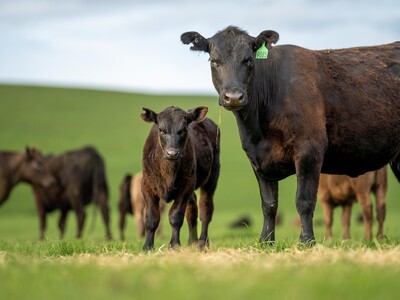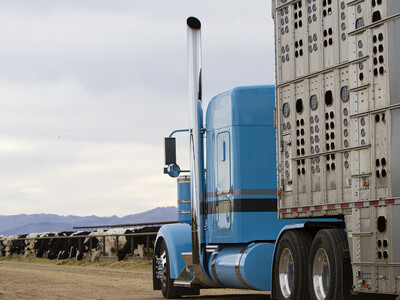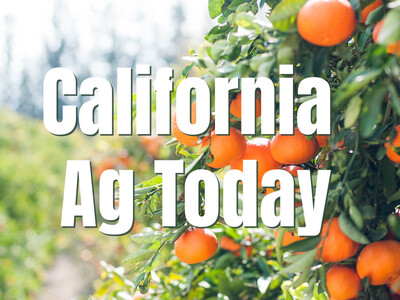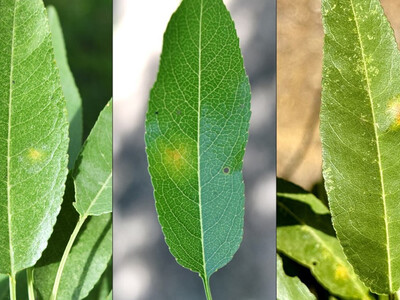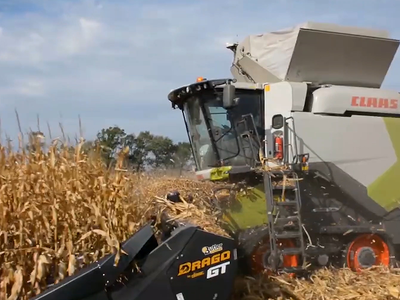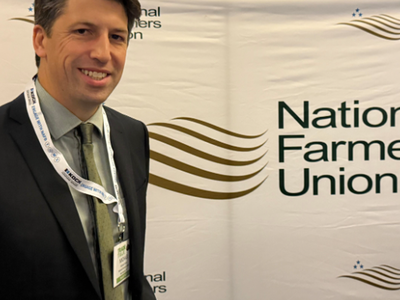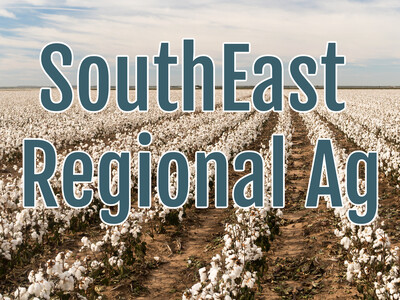Potatoes and Biotech Part 2
Potatoes and Biotech Part 2. I’m Greg Martin with today’s Line On Agriculture.
Using biotechnology to create new varieties of plants gives farmers better control over their crops including higher yields, fewer pest problems and more. Dr. David Douches with the Department of Crop and Soil Sciences at Michigan State University says that GM or genetically modified plants have been around for the past 15 years or so and there has been a steady adoption of them around the world.
DOUCHES: Here I the U.S. we grow a lot of GM crops. Argentina, Brazil, India, Canada, China they’re all getting involved there. I think this is interesting - Roundup ready sugar beets, in 2007 there was the smallest percentage of it. 2008 we were over 50% of the sugar beet acreage. By 2009 it was over 90%. That is amazing adoption of a crop.
He says that when the technology is right farmers speak with their acreage.
DOUCHES: Stewart Brand, I read this book this past year – he’s an environmentalist and he just wrote a book called “The Whole Earth Discipline: An Ecopragmatist Manifesto.” What he’s saying in this book is that the some of the environmentalists got it wrong and that actually GM crops are actually very valuable and that we need to have high performing crops on the land to use the land as best as possible.
He also cites an incident on a national talk show where an anti-biotech activist was saying GM crops caused infertility, organ damage and endocrine disruption but his claims were refuted.
DOUCHES: What we have is people still trying to put out scares after all these years, over a decade of experience. And so the bottom line here is that we can’t dismiss this general anxiety about genetic engineering. Somehow there’s a distrust of science and scientists in general.
Douches says another study shows a very dramatic benefit of bio-engineered corn.
DOUCHES: There was an economic study done and the European corn borer does a billion dollars in the U.S. They did a study in the Upper Midwest and said the economic benefit is $6.9-billion dollars over the past 14 years. And so what they’re saying, interestingly, this even benefits the non-BT corn.
That’s today’s Line On Agriculture. I’m Greg Martin on the Ag Information Network.




